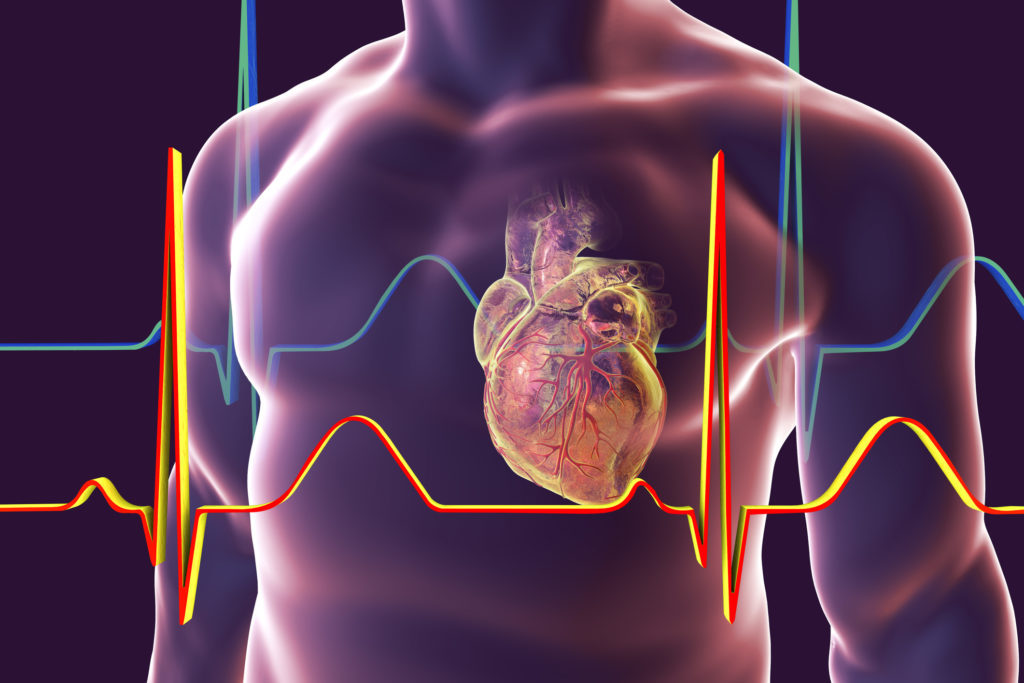A morning walk can help relieve the insomnia that often follows heart bypass surgery, finds a new investigation.

The study enrolled 80 patients ages 45 to 65 years who had sleep disorders and reduced physical function six weeks after their surgery. Two groups participated in 10 weeks of aerobic activity that involved treadmill walking and/or resistance training.
Participants saw sleep and functional capacity improvements. They fell asleep, slept continuously without waking, and slept longer and more deeply. But isolated aerobic exercise was much more beneficial for sleep and function than a combined program of walking and resistance training, reported first author Hady Atef of Cairo University, Egypt.
“We think that resistance exercise requires a high level of exertion for these patients. This may induce the release of stress hormones which negatively affect sleep,” he said. “Our recommendation for heart bypass patients with difficulty sleeping and performing their usual activities is to do aerobic exercise only.”
Aim for 30 to 45 minutes and do it in the morning, Atef said. “[R]esearch shows this releases the hormone melatonin which helps us sleep well at night,” he concluded.
The findings were presented July 3 at the Association of Cardiovascular Nursing & Allied Professions’ Essentials 4 You, a scientific platform of the European Society of Cardiology.




